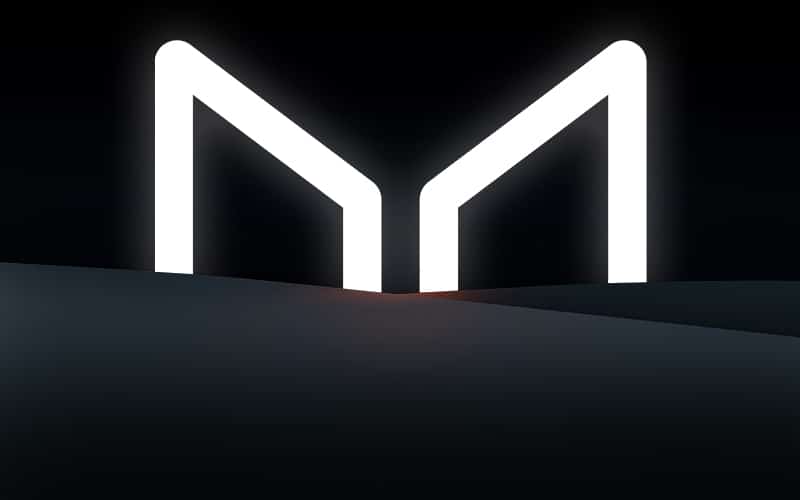MakerDAO’s (MKR) ‘Endgame’ proposal submitted by MakerDAO co-founder Rune Christensen is approved by the community, with around 80% of the votes in support, but he is under criticism for the same.
The proposal was focused on breaking the decentralized protocol into smaller units called MetaDAOs which would be more decentralized. The founder believes its size affects decentralization, efficiency, and censorship resistance. Hence the move to break it down.
Part of Christensen’s proposal proposes a 25% limit on the Real World Assets backing the DAO. He also called for the introduction of negative rates.
According to the proposal, each MetaDAO will have its token and freedom to pursue any profit-generating enterprises. In addition, DAI holders could yield the new tokens as it is connected to the DAI ecosystem.
The proposal’s passage will change the current Strategic Core Units structure that MakerDAO uses. Instead, independent clusters would emerge that would make their decisions separately.
Many have criticized the voting, saying it is not as decentralized as it seems. Sebastien Derivaux, an asset-liability manager at MakerDAO, shared data showing that three-quarters of the votes were cast by delegates backed by Christensen.
“While 122 persons have voted, only one matters as he represents 63% of the turnover and 74% if we use influence. It doesn’t have to be this way as MKR is quite decentralized in holdings, just people don’t vote nor delegate,” tweeted Derivaux.
Investors in the MakerDAO protocol like a16z who hold zero Christensen-delegated funds voted against the proposal.
A16z stated “The Core Unit structure is arguably already legally decentralized. Introducing MetaDAOs likely does not change this analysis, nor lead to more organizational resiliency from a strictly legal perspective.”
According to Christensen’s original Endgame strategy, MetaDAOs provide a more effective structure for Maker to improve its exposure to real-world organizations and diversify its revenue sources.
However, Christensen changed his stance and stated that RWAs including centralized stablecoins could be a serious source of regulatory risk after the US Treasury Department sanctions on Tornado Cash forced the Center to block 38 wallets holding USDC.
The Endgame plan was revised to suggest that MakerDAO limit its RWA exposure to no more than 25%. Christensen also stated that Maker would freely float DAI versus the dollar in three years, which sparked criticism.
One of the delegates who voted against the proposed changes was the London Business School Blockchain Society. A spokesperson of the society named Park Y tweeted, “The most important problem that we see with Maker right now is the lack of consensus over its overriding object/strategic purpose.”
“Unfortunately, Endgame introduces new and complex governance features that don’t necessarily solve for this core problem,” Park added.
Also Read: MakerDAO Invests $500M in US Treasury and Corporate Bonds






